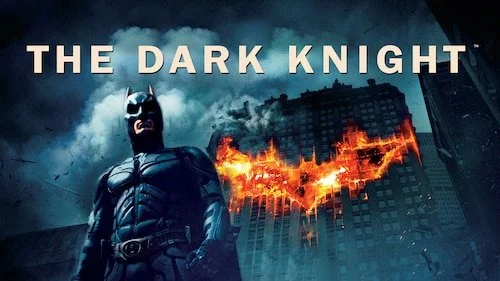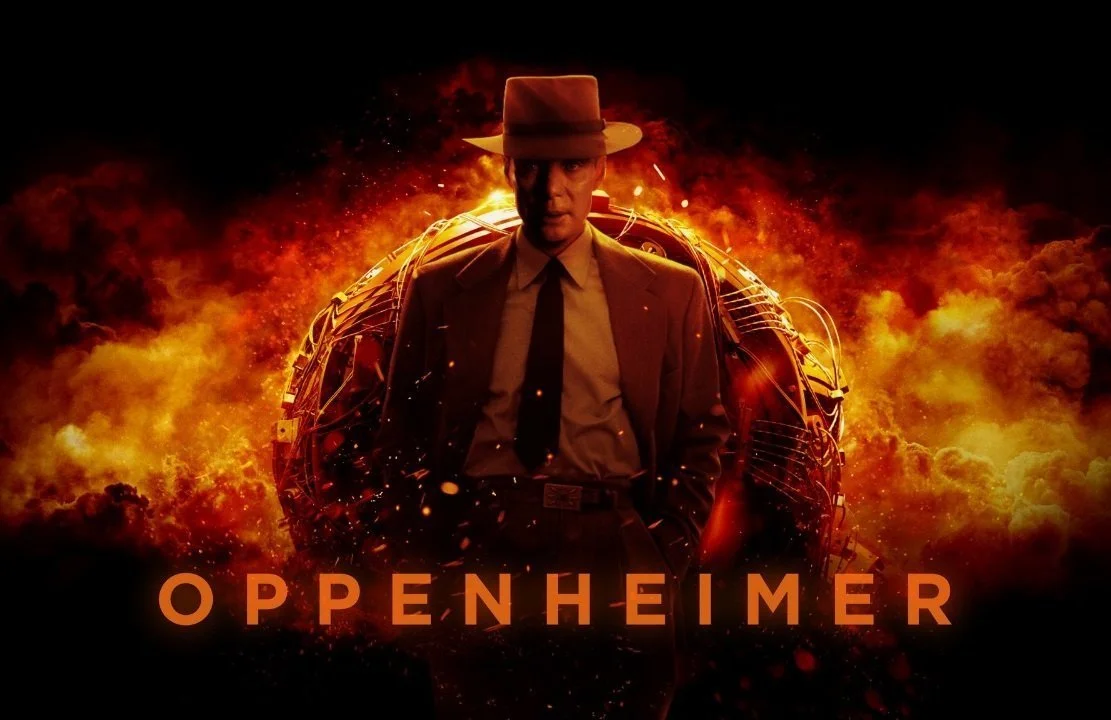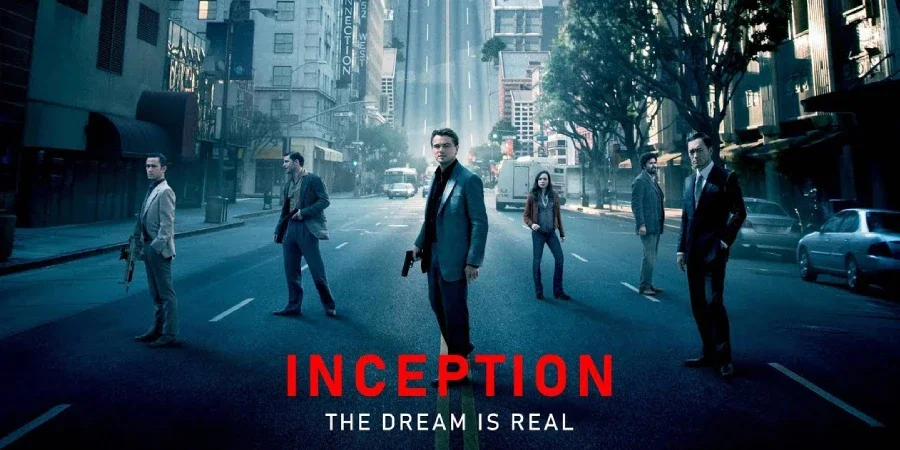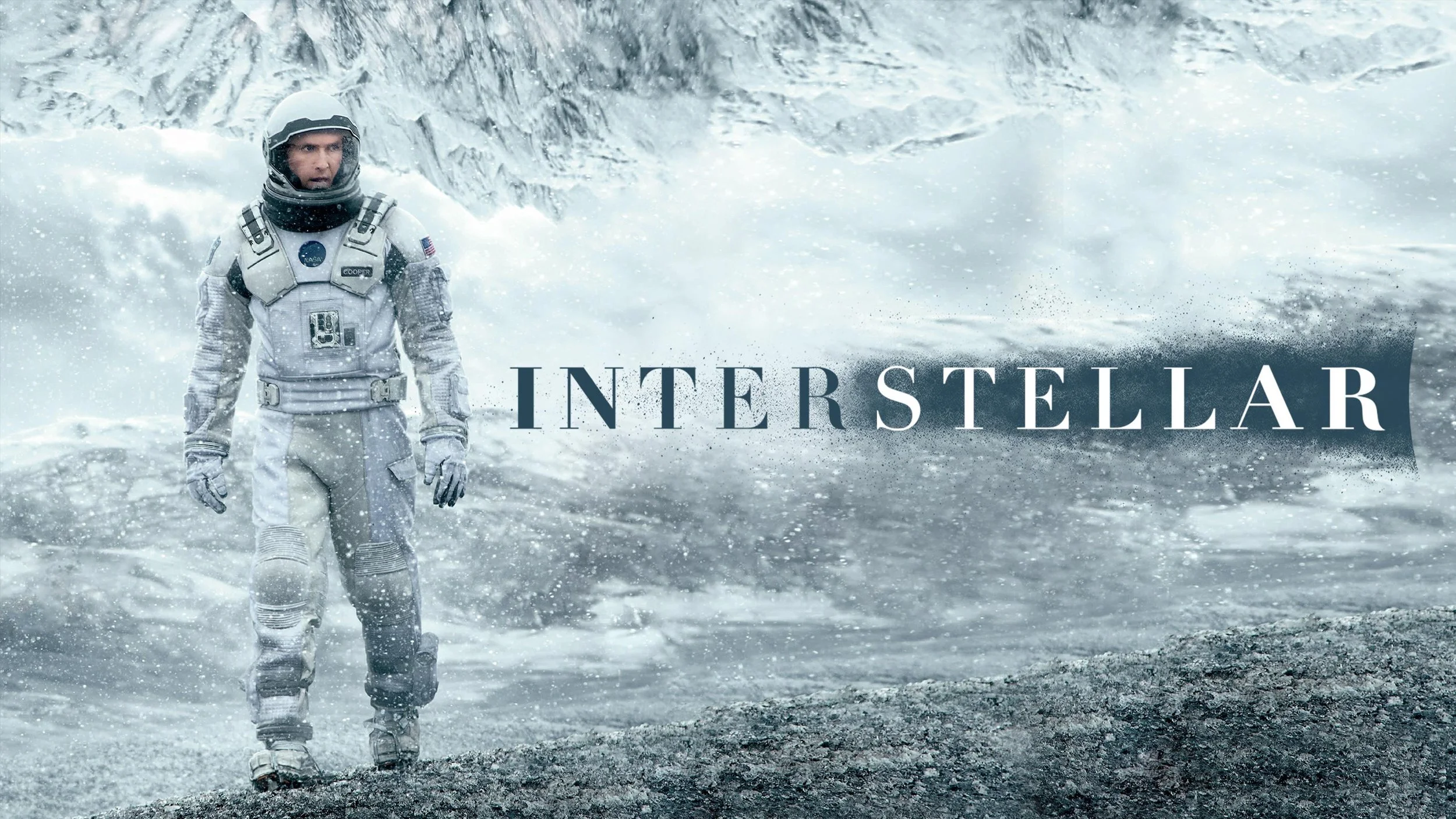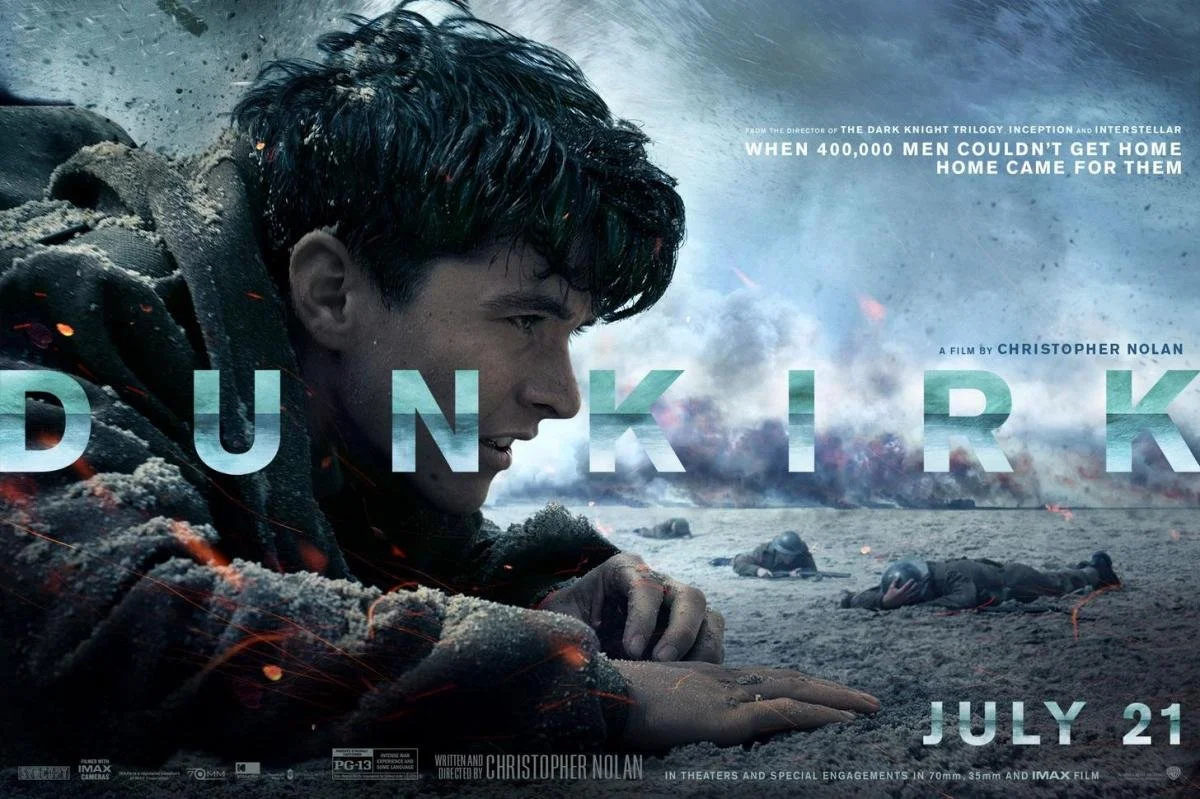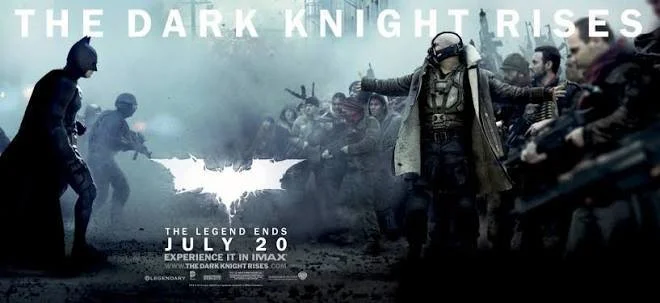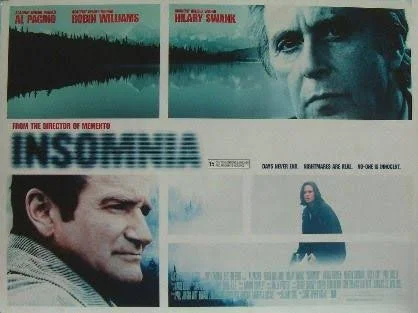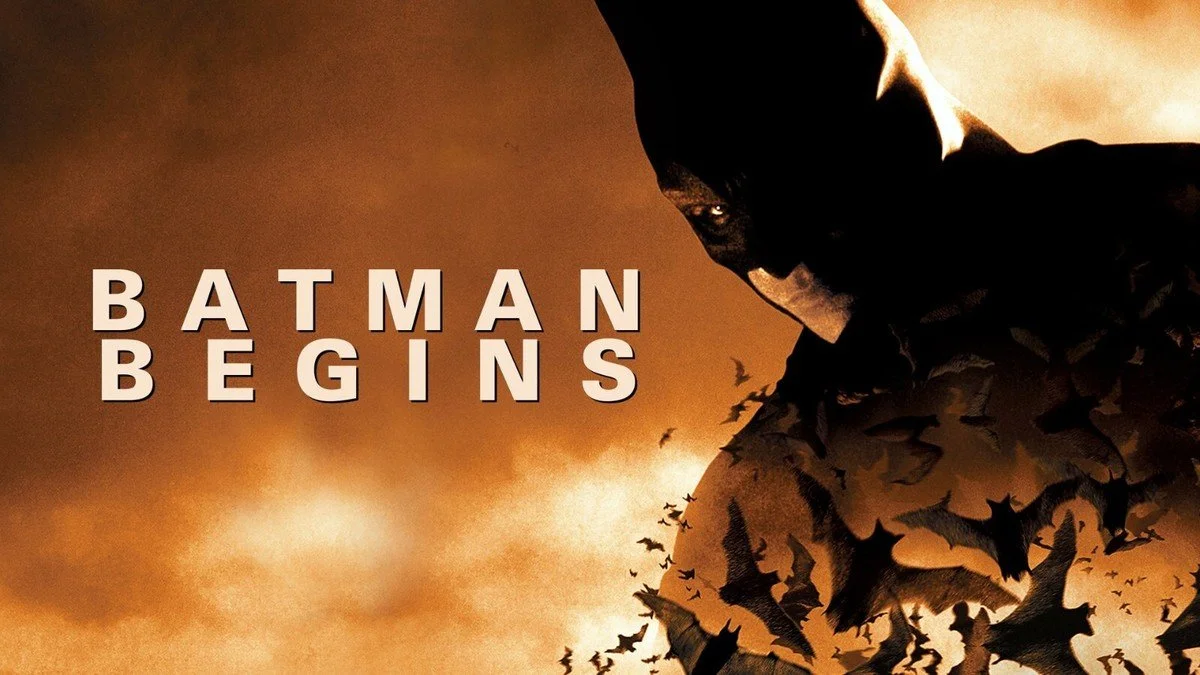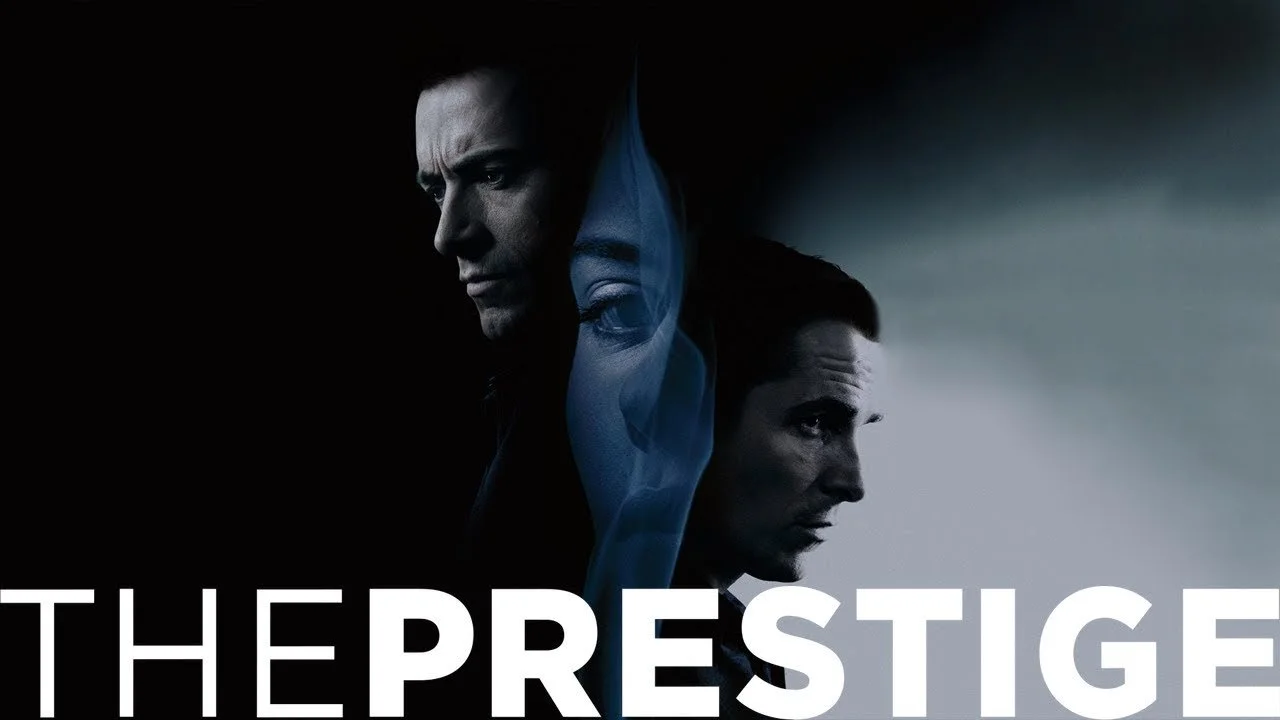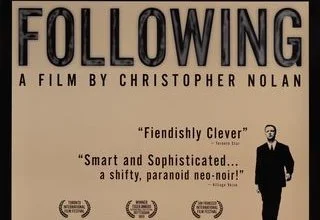My Review of Dir. Christopher Nolan Movies!
Introduction:
Christopher Nolan isn’t just a filmmaker — he’s a master craftsman who spins intricate puzzles, explores deep emotional landscapes, and creates breathtaking spectacles. In this post, we delve into each of his major films, revealing what captivates, what falls flat, and how Nolan’s artistry has evolved (or occasionally stumbled) along the way. Keep an eye on the stunning image above to visually anchor your journey through his work.
Film-by-Film Reviews:
1. The Dark Knight (2008)
Pros:
An epic scale that immerses audiences in a morally complex world.
Heath Ledger's mesmerizing Oscar-winning portrayal of The Joker redefined villainy.
Its profound influence can be seen in countless modern blockbusters.
Cons:
A few side plots, like Gotham politics and Dent's subplot, could be more tightly woven.
Takeaway: Undoubtedly the greatest superhero film ever made, and a strong contender for the best movie of all time. Heath Ledger's unforgettable performance set the bar sky-high and continues to elevate the film's legacy.
Rating: 10/10
2. Oppenheimer (2023)
Pros:
Deep character exploration with significant historical context
Smooth integration of scale and intimacy
Technical accomplishments (IMAX, cinematography)
Oscar-winning performances by Cillian Murphy and Robert Downey Jr.
Cons:
Some pacing slowdowns, especially in the middle
Some supporting (especially female) characters are underdeveloped
Takeaway: This Oscar-winning film is arguably Nolan’s most mature work, featuring outstanding acting, a haunting score by Ludwig Göransson, and impressive technical craftsmanship.
Rating: 9.5/10
3. Inception (2010)
Pros:
Ambitious and imaginative
Combines heist, psychological drama, and spectacle
Visuals, world-building, and score all push boundaries
Cons:
Emotional stakes sometimes fall short
Complexity can be confusing for some viewers
Takeaway: Nolan’s signature “mind-bender,” which many fans regard as his peak, and features one of Hans Zimmer's best scores.
Rating: 9.5/10
4. Interstellar (2014)
Pros:
Scope and ambition (space, time, love)
Emotional core (parent-child relationship)
Stunning visual and technical achievements
Cons:
Some plot contrivances (the “blight”)
The climax heavily relies on metaphor
Takeaway: A bold, emotional, and flawed masterpiece. Easily the fourth-best Nolan film after The Dark Knight, Oppenheimer, and Inception.
Rating: 9.4/10
5. Memento (2000)
Pros:
Brilliant structure (backwards / forwards)
Emotional weight under the puzzle
Cons:
It can feel unclear or frustrating for casual viewers
The structure occasionally overshadows clarity
Takeaway: The film that launched Nolan's career — blending style and substance.
Rating: 9/10
6. Dunkirk (2017)
Pros:
Tense, immersive, minimal dialogue
Brilliant use of time & perspective (land/sea/air)
Technical mastery (sound, editing, cinematography)
Cons:
Some viewers feel low character depth
A challenging structure may confuse some
Takeaway: A war film that grips you in a sensory experience rather than telling a traditional story.
Rating: 9/10
7. The Dark Knight Rises (2012)
Pros:
Grand scope, attempts at thematic closure
Some memorable set pieces
Cons:
Overambitious plot
Pacing issues; some narrative stretch
Takeaway: An uneven but bold finale to his Dark Knight trilogy and solidifies Christian Bale as the best on-screen Batman ever.
Rating: 8.7/10
8. Insomnia (2002)
Pros:
Strong performances (Pacino, Williams)
Atmospheric tension
Nolan shows he can handle more conventional storytelling, too
Cons:
Less “Nolan signature” in concept
He didn’t script it (rare for him)
Takeaway: An entry into studio filmmaking, demonstrating his ability to work within genre boundaries.
Rating: 8/10
9. Batman Begins (2005)
Pros:
Reboots a franchise with seriousness
Strong character foundations; grounded tone
Cons:
Some supporting arcs and subplots feel underexplored
Takeaway: Nolan’s bold move into blockbuster territory without compromising his identity.
Rating: 8/10
10. The Prestige (2006)
Pros:
Intricate, layered plotting
Themes of obsession, sacrifice, illusion
Twists that reward repeat viewing
Cons:
Emotional distance in some moments
Pacing can drag in middle
Takeaway: One of Nolan’s most elegant combinations of concept and character.
Rating: 7.5/10
11. Following (1998)
Pros:
Raw, stripped-down storytelling
Early signs of Nolan’s thematic interests (obsession, identity)
Cons:
Rough around the edges (budget constraints show)
Some pacing & clarity issues
Takeaway: Nolan’s stepping stone film — a testing ground for ideas he’d later develop.
Rating: 7/10
12. Tenet (2020)
Pros:
Conceptual boldness (time inversion mechanics)
Ambitious action design
Pushes the envelope of what’s possible in blockbusters
Cons:
Very cloudy (many complained dialogue is lost in the sound mix)
The payoff doesn’t always live up to the puzzle
Takeaway: A polarizing film — a test of the extent of complexity an audience will accept.
Rating: 6/10
Final Thoughts: Christopher Nolan in my opinion is the greatest living director today. His work is cinematic and he knows how to put moviegoers in theaters with his storytelling, IMAX style, and elevating actor performances.
